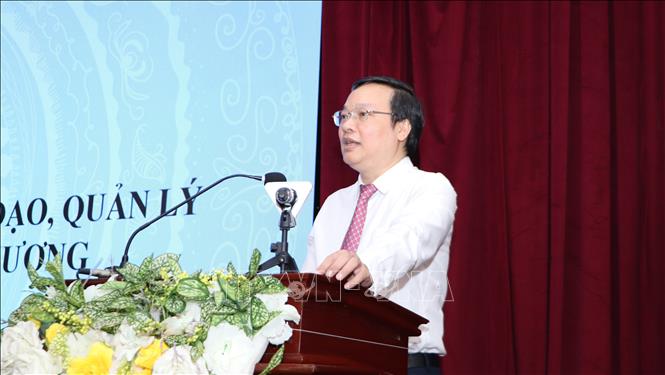
Deputy Minister of Home Affairs Truong Hai Long stated that improving the leadership capacity of female cadres is an urgent requirement in the process of administrative reform and building a professional civil service. Each female cadre needs to continuously study, practice, promote intelligence and courage to contribute to the effective implementation of the National Strategy on Gender Equality, building a streamlined, effective and efficient state apparatus. The training course is an opportunity for female leaders and managers to exchange practical experiences from the Central to the grassroots level.
The Deputy Minister of Home Affairs emphasized that the participants of the training course are female department-level leaders who play strategic advisory roles at central agencies, female department-level leaders who directly direct and operate at the local level; key female commune-level officials who are closest to the people and understand the issues arising at the grassroots level. The diversity in management levels and regions will help trainees connect and share inter-sectoral and inter-regional experiences; from central macro-management experiences to specific, close-to-the-grassroots problem-solving experiences.
The trainees focused on research, actively discussed, turned knowledge into thinking and action, effectively applied it to practical work, contributing to the realization of gender equality goals; took advantage of the learning environment to build a strong network of female leaders, supporting each other in work. The Ministry of Home Affairs will continue to accompany and create conditions for female leaders at all levels to maximize their capacity and qualities, contributing to the sustainable development and integration of the country.
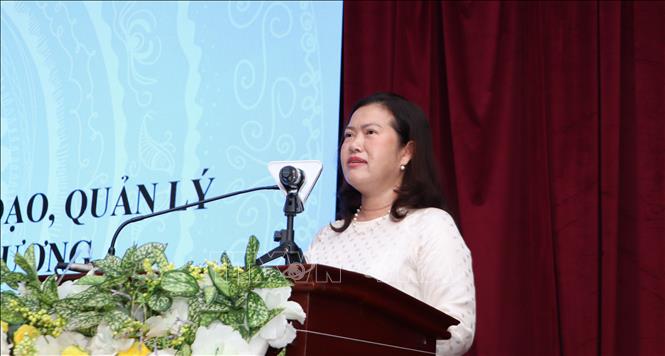
Ms. Nguyen Thi Ngoc Diep, Vice Chairwoman of Can Tho City People's Committee, said that currently, the city has a female cadre, civil servant and public employee ratio of nearly 55% - demonstrating the Party and State's attention to female cadres. In the coming time, female cadres, civil servants and public employees will continue to contribute to the city's efforts to become a national growth pole by 2030, playing the role of a driving force for development, spreading and leading the whole region. By 2045, Can Tho will be an ecological, civilized and modern city, striving to be among the group of fairly developed cities in Asia, becoming a livable city in Vietnam as set out in the Resolution of the City Party Congress for the 2025 - 2030 term.
The training course took place on October 16-17 with the participation of 139 trainees. Among them were 87 female leaders and managers of central ministries, departments and branches and 52 female leaders of 8 provinces and cities including: Ho Chi Minh City, Can Tho City, Dong Nai, An Giang, Ca Mau, Vinh Long, Dong Thap and Dak Lak.
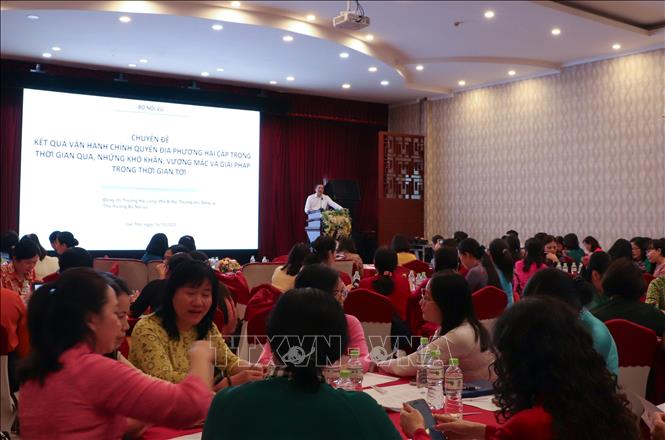
The trainees studied many topics related to the results of the operation of two-level local governments in the past time, difficulties, obstacles and solutions in the coming time; new development thinking in the draft documents of the 14th National Party Congress; Digital media: Opportunities and challenges for women...
Source: https://baotintuc.vn/thoi-su/tao-dieu-kien-de-doi-ngu-nu-lanh-dao-phat-huy-toi-da-nang-luc-va-pham-chat-20251016122047384.htm





![[Photo] Conference of the Government Party Committee Standing Committee and the National Assembly Party Committee Standing Committee on the 10th Session, 15th National Assembly](https://vphoto.vietnam.vn/thumb/1200x675/vietnam/resource/IMAGE/2025/10/15/1760543205375_dsc-7128-jpg.webp)

![[Photo] General Secretary To Lam attends the 18th Hanoi Party Congress, term 2025-2030](https://vphoto.vietnam.vn/thumb/1200x675/vietnam/resource/IMAGE/2025/10/16/1760581023342_cover-0367-jpg.webp)


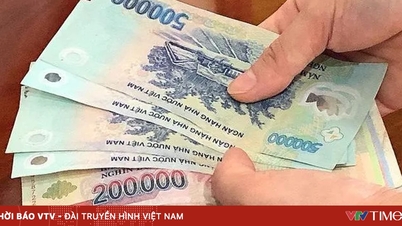

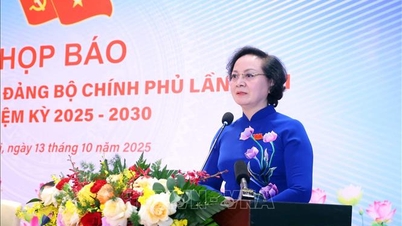
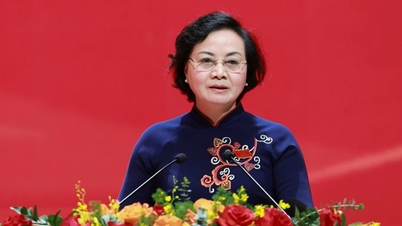


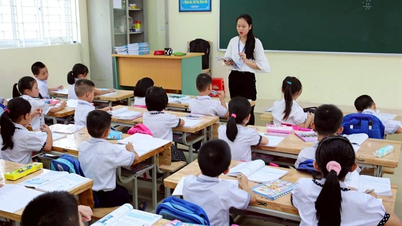

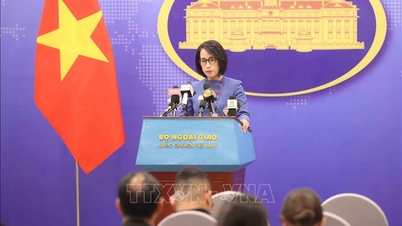
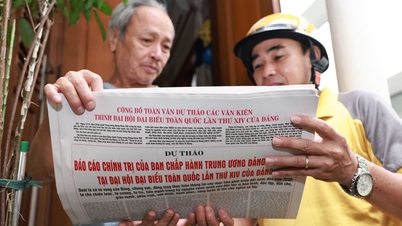
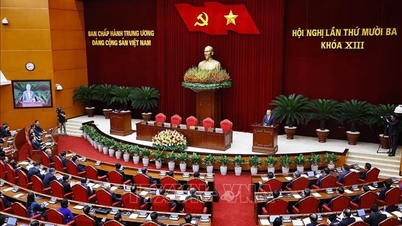
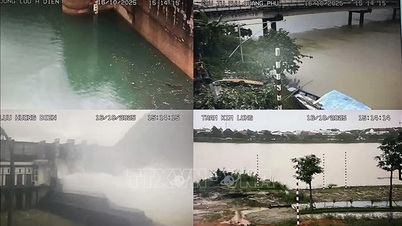
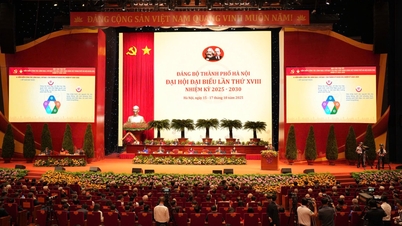
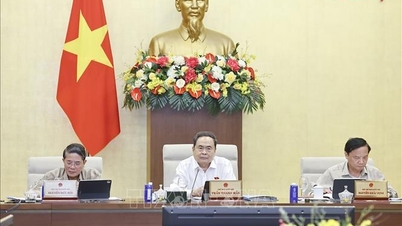





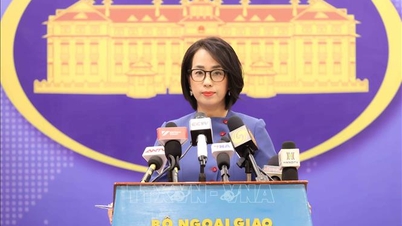

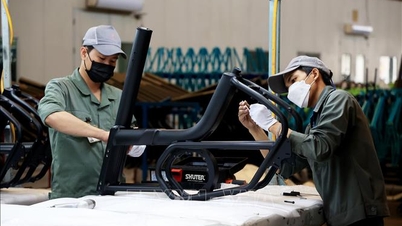
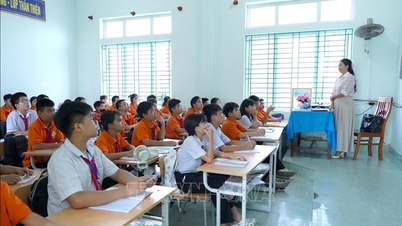
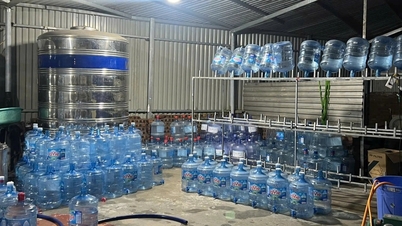








![[Video] TripAdvisor honors many famous attractions of Ninh Binh](https://vphoto.vietnam.vn/thumb/402x226/vietnam/resource/IMAGE/2025/10/16/1760574721908_vinh-danh-ninh-binh-7368-jpg.webp)




























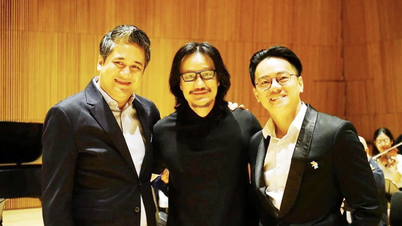
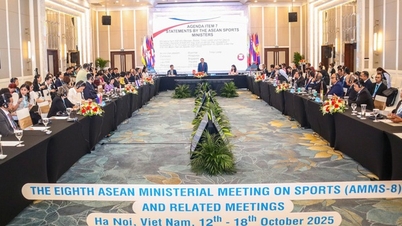



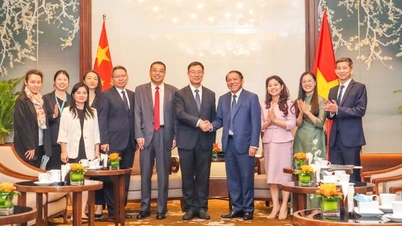
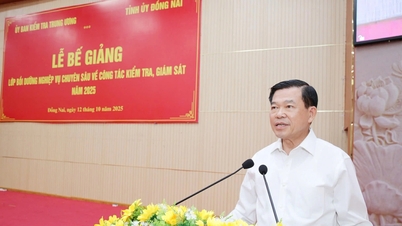

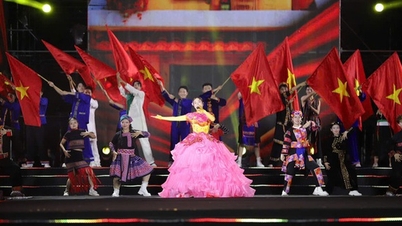

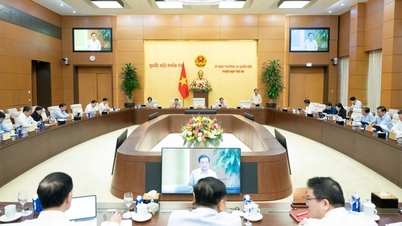
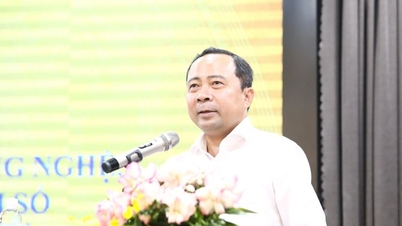

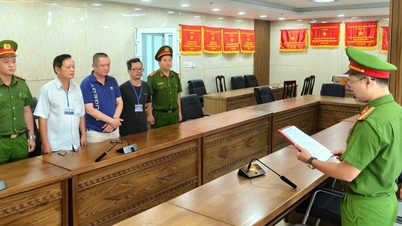

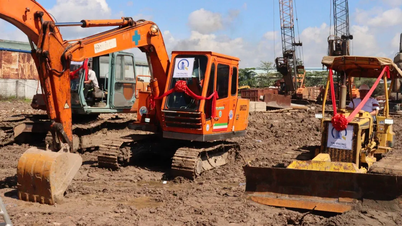



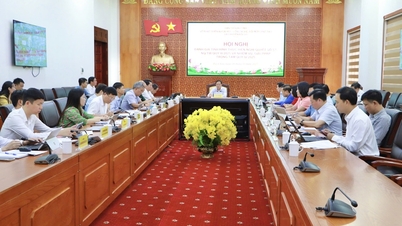
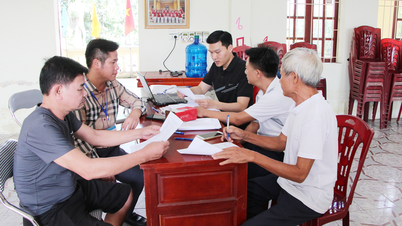

















Comment (0)